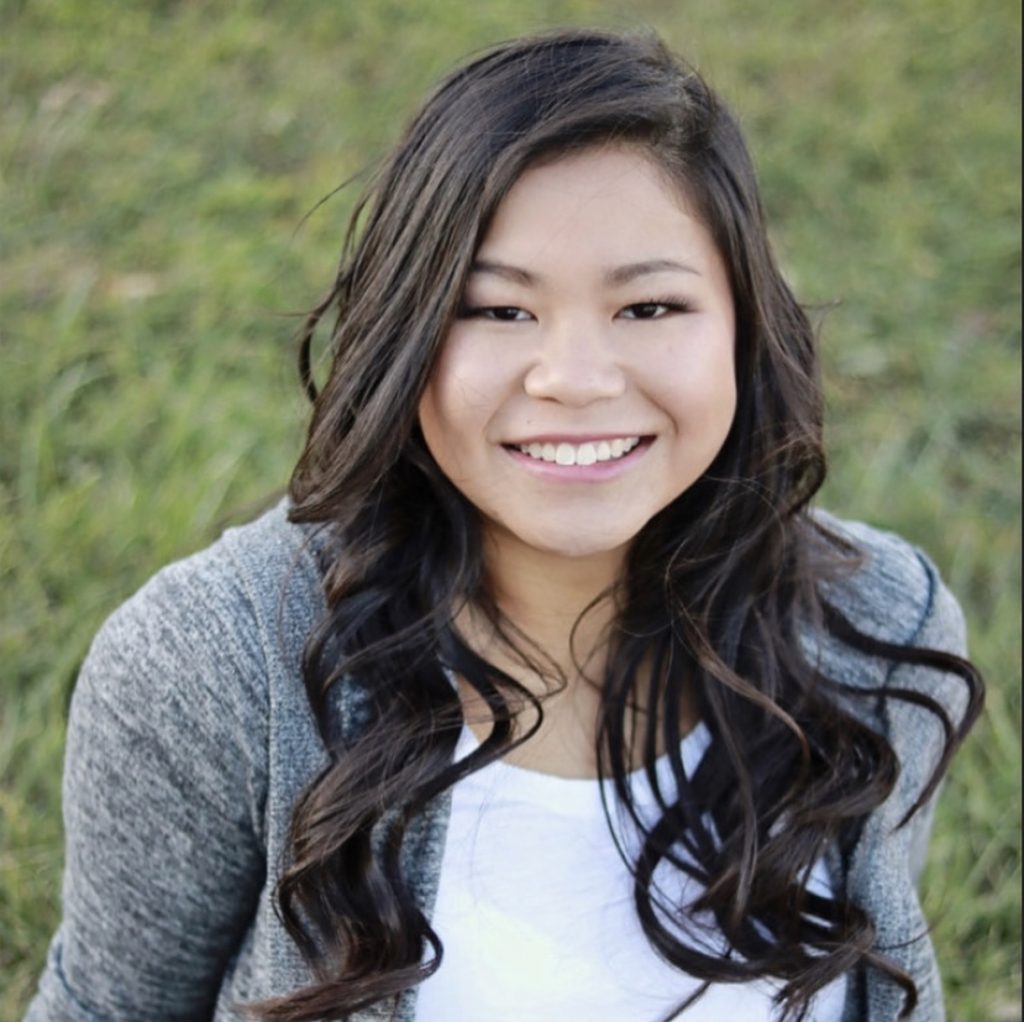They speak in tongues
Who’s to refuse them a taste of the basin we’re drinking from?
A flock of birds who know the worth of unbound beaks
and the soft soil that grows when the sun kisses its cheek
American dream
So close so far
yet those with the greatest reach can’t get no sleep, worlds apart
We flee the phoenixes when they’re just trying to reach the stars
Someday we’ll fly together
But tonight we’ll have to brave this weather
But it won’t last forever
So let us pray for the better
Maybe it’s the beat of unfamiliar drums
You can’t find something to eat
we don’t have enough
we profess answers to questions yet we never turn our heads when our cheek is struck
They are just as much as we
Seeking asylum from the violence
The plight of flying kites to counter pilots, nevermind it
We all bleed as one, tomorrow we may see the sun
We all different beans in the same pot
Blowing steam and licking fingers clean
Different seams in the same tapestry
Extended family
It’s time to forget the language of anguish
Tomorrow’s a new canvas it’s time to paint it
Tomorrow’s a new canvas let’s paint it
Oh, the morrow’s a new canvas let’s paint it
This is a poem representing the relationship between immigrants and those who are afraid of them and/or are apprehensive to the idea of people different to them. The poem focuses on the the misunderstandings and fears that xenophobes hold in their heart, the fear that keeps them blinded from the fact that immigrants are struggling to survive in this world, just like them. The perspective isn’t concrete because I want to emphasize that there is no “we and them”, we are all in the same. The lines surrounding perspective become blurred until there is no distinction between immigrant and non-immigrant.
The first part of the poem compares immigrants to flocking birds, all who appreciate the soil, water and the freedom of unbound beaks in the new land they’re in. I was inspired by my interview partner because her family came to the United States to escape the authoritarian government of China. The poem then focuses more on the natives, Americans in this case. The American dream is best reached by those who are already citizens of the United States, yet they’re constantly bothered, irritated and even angered by immigrants.They might even feel threatened, as though the immigrants could diminish their quality of life and keeping them from living the true American dream of prosperity and harmony. These groups of people “flee the phoenixes” out of fear, unaware that the immigrants are the phoenixes, which are harbingers of happiness and symbols of unity in Chinese folklore. The perspective changes to the xenophobes and the hypocrisy of their actions, especially since the United States is predominantly Christian yet the ideals of Christianity are often twisted to suit personal vendettas as opposed to loving thy neighbor and treating others with compassion. The last part of the poem connects the idea of unity. Unity was unattainable in the first stanza of the poem because the fearful natives “flee the phoenixes”. However, by comparing everyone in the world as different beans in the same pot, an attempt of unity is made. We’re all so varied in our outward appearance and in the texture on the inside, which makes each one of our souls, if you will, unique. We all have our low moments of anger and greed because we’re all human. But it’s time to put all the misery and hate behind us and start a new canvas. A new canvas that waits for the first brush of tomorrow. That is what the stanza hopes for. It no longer embodies any one group of people, but rather the emotion of hope.
Originally I had written the music to accompany this poem with a lot of Chinese influence, which would be carried out by the cello. However, I couldn’t properly record the cello with the appropriate microphone so the sound would end up being very harsh. So I instead opted for a much more repetitive and simple tune using just my voice and the guitar. I first felt as though I had done my interview partner a great injustice. Where would she and her story be in this poem? Besides the reference to the Chinese phoenix, was she forgotten? Of course not. Instead of putting her in the music, I put her in the poem itself. She wears a very young and jubilant demeanor, one that dazzles with optimism and hope. So I wrote the second stanza with her in mind. In that stanza I married the idea for a better future regarding immigrants and nonimmigrants with her sense of optimism. That’s what she gave this poem.

